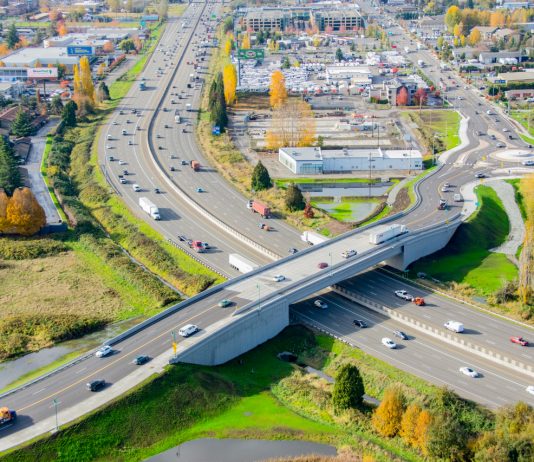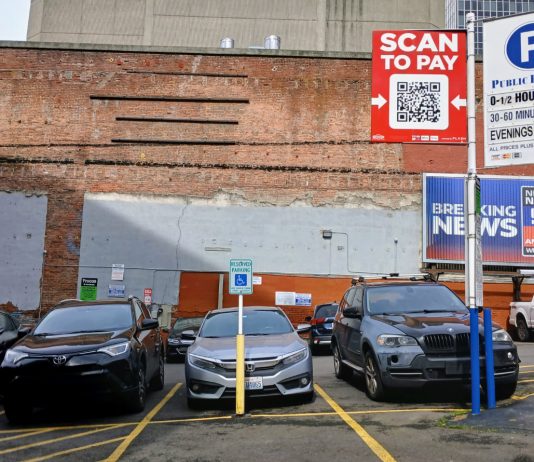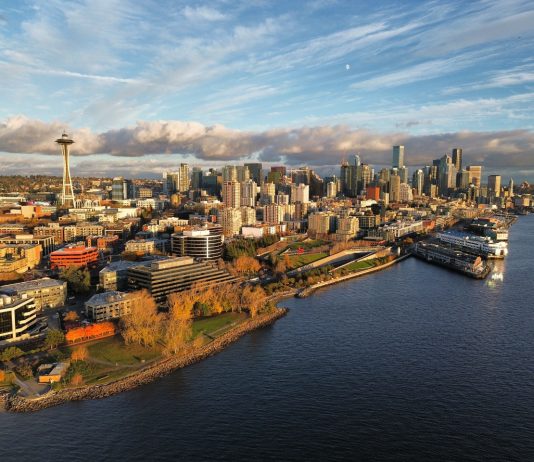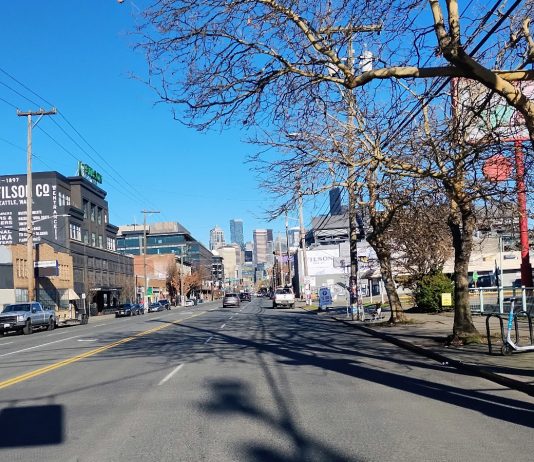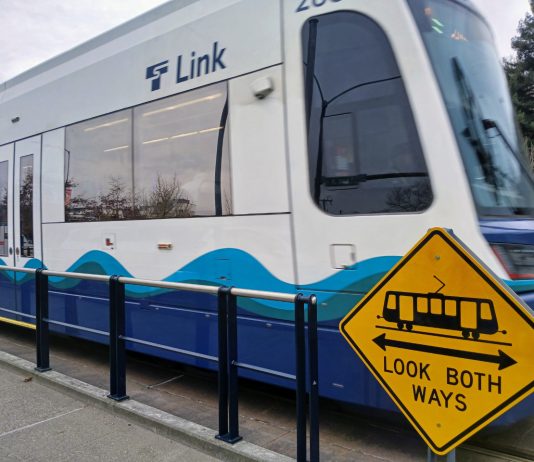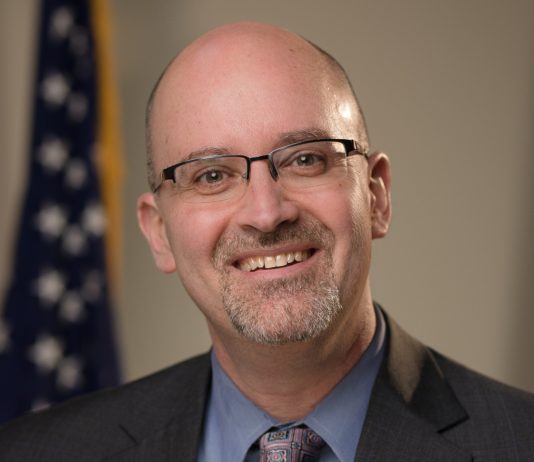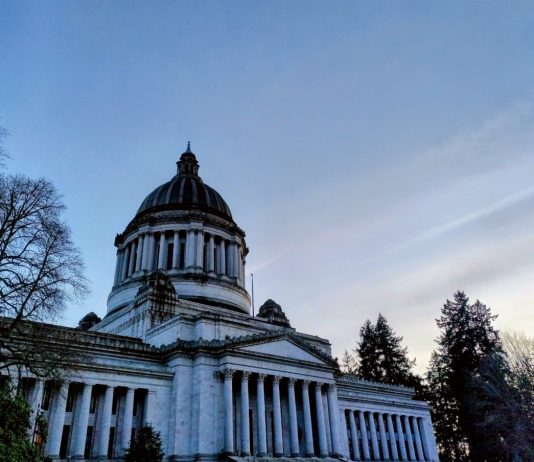Ryan Packer
685 POSTS
0 COMMENTS
Ryan Packer has been writing for The Urbanist since 2015, and currently reports full-time as Contributing Editor. Their beats are transportation, land use, public space, traffic safety, and obscure community meetings. Packer has also reported for other regional outlets including BikePortland, Seattle Met, and PubliCola. They live in the Capitol Hill neighborhood of Seattle.
While the Washington State Senate budget includes additional taxes on e-bikes and fees for public transit, the House budget includes cuts to transit and climate work. Both budgets are in agreement on the need to double down on a number of highway megaprojects.
Issaquah Rep. Victoria Hunt added long implementation timelines and additional exemptions to Washington's parking reform bill as it passed out of Local Government Committee on Friday. Bill sponsors still tout the policy's significant potential to reduce costs for homebuilding.
The six appeals against the One Seattle housing plan had been headed toward a lengthy hearing later this spring. But a filing by the City seeks to dismiss the appeals much more quickly, allowing the plan to move forward.
The 6-3 vote ends a long debate which rehashed a dormant fight over the future of Seattle's Stadium District. With the door now open to residential uses, industrial advocates warn of the continued erosion of the city's industrial lands.
Funds for Sound Transit's long-planned Graham Street Station between Columbia City and Othello are swept up in a review of USDOT grants awarded for projects that encourage active transportation and reduce greenhouse gas emissions.
A longtime councilmember from the small city of Fircrest, George brings a regional perspective on behalf of the South Sound area and an acknowledgement of the strong headwinds that Sound Transit faces, particularly in Pierce County.
Policy expert Dionne Foster has jumped into the race to unseat Seattle Council President Sara Nelson, and the election is set to serve as a referendum on the entire council's direction. Check out our interview with Foster.
The rent stabilization bill that the Washington State House approved this week scaled back other protections for renters, including a cap on move-in fees and late fees. The bill now heads to the Senate.


